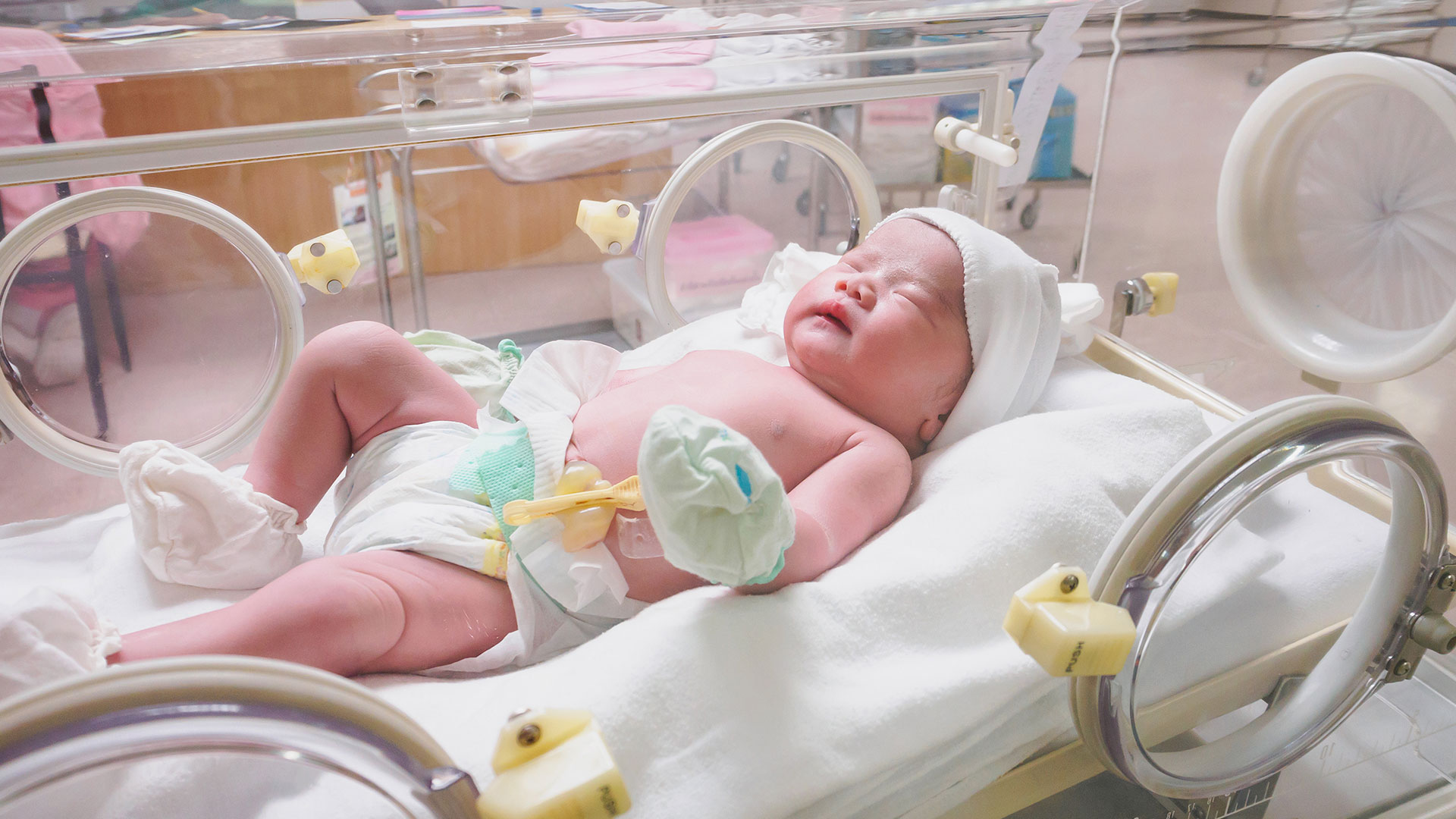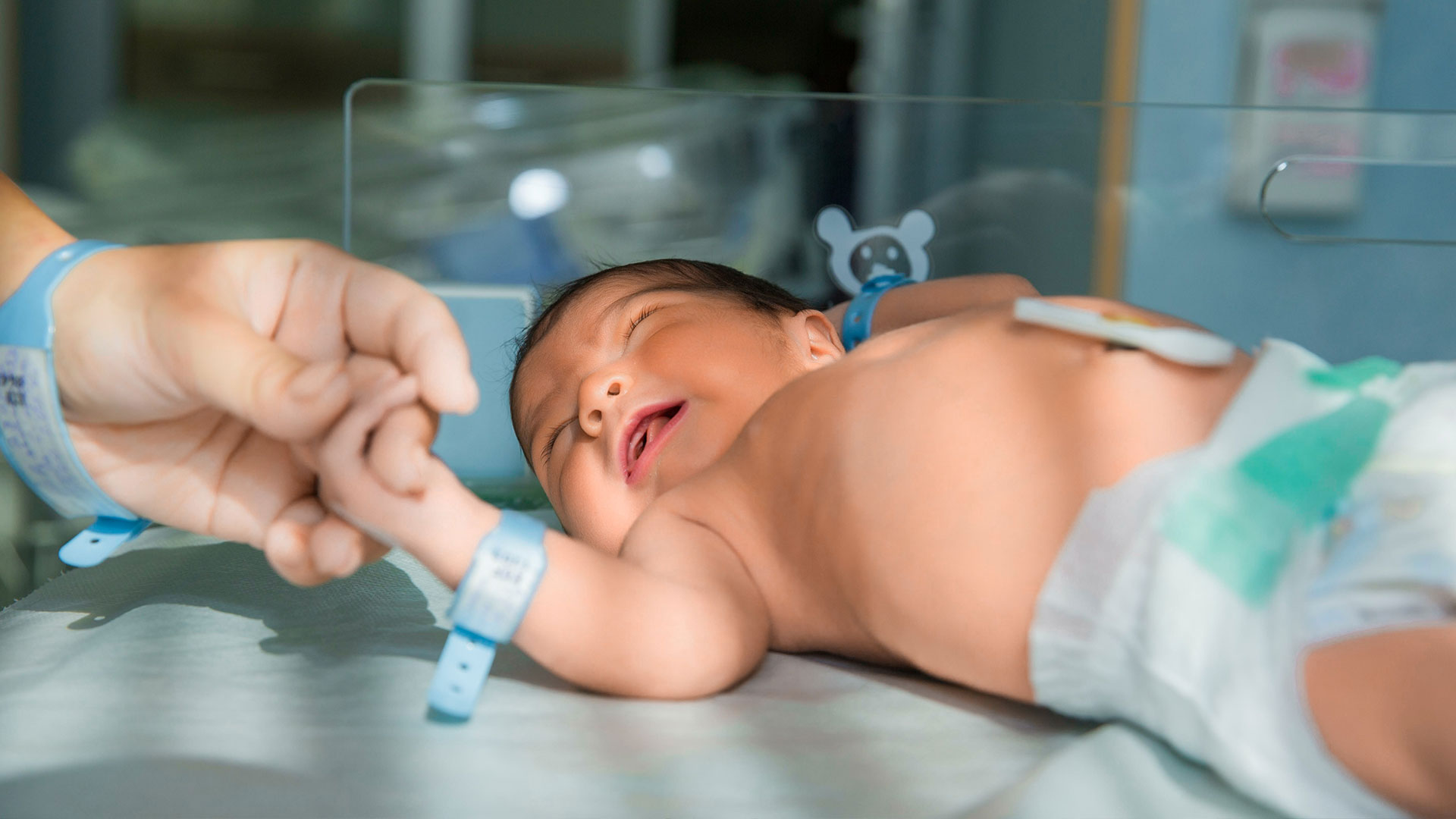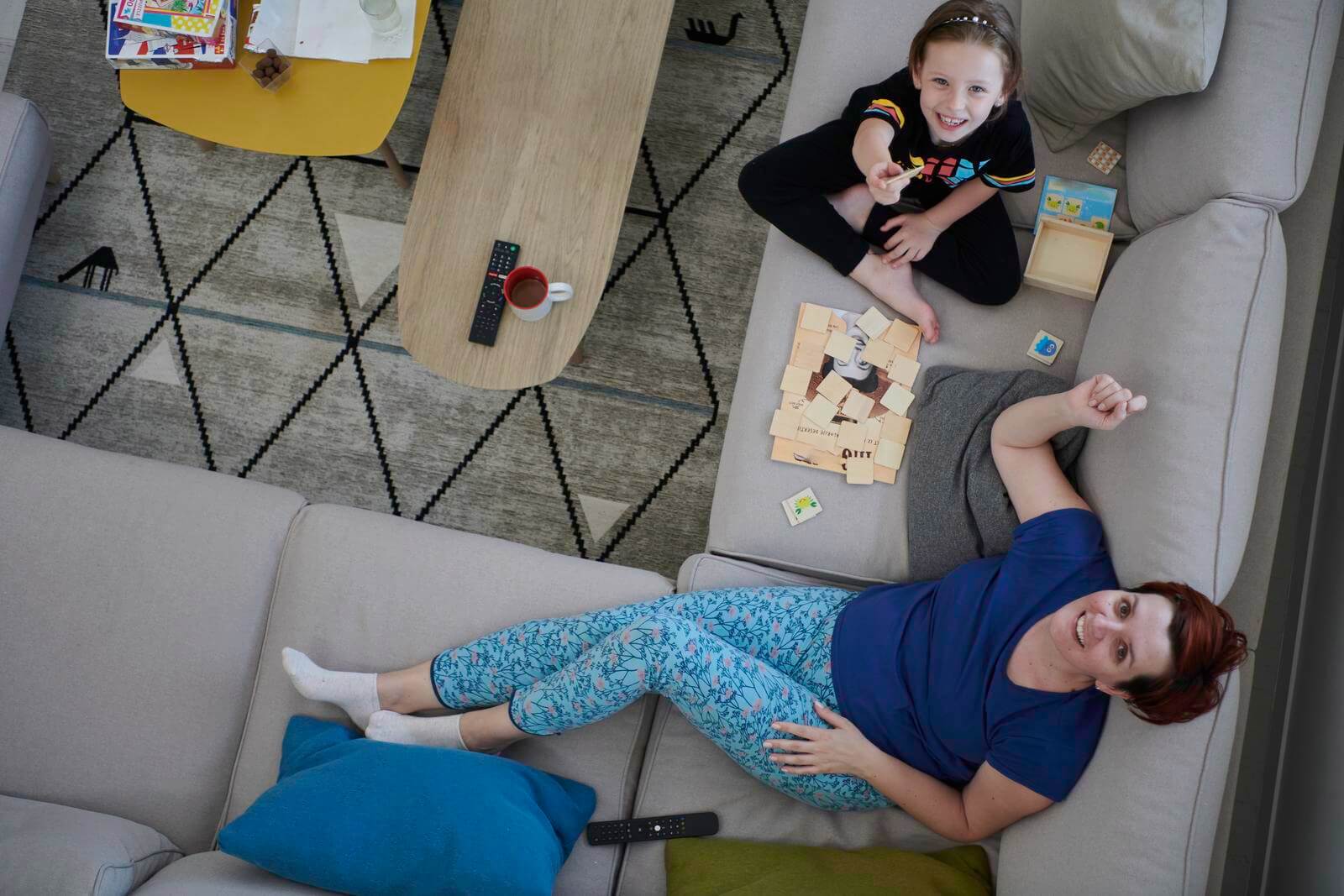
Premature babies are not uncommon. In fact, in the US, it accounts for about 11 to 13 percent of total pregnancies. Many preemies, as these babies are called, generally do not need specialized medical attention after leaving the hospital. However, they need regular evaluation and medical care.
It is important to note that preemies are considered more prone to certain types of illnesses and infections than full-term babies because they are still developing their immune systems. As parents, it’s important to ensure that your premature baby receives quality care.
Whether you are planning to take care of your premature baby yourself or are planning to hire a babysitter, here are some basic child care tips for preemies.
Basic Child Care Tips for Preemies
1. Limit visits
During the first several weeks after getting discharged from the hospital, limit the outside exposure of your baby. Outside your home, avoid going to public places except for your doctor’s office.
And since doctor’s offices typically have other patients who are possible carriers of viruses and infections, it’s a good idea to schedule your appointment to avoid exposing your baby to them.
Moreover, avoid accepting visitors who have signs of fever, flu and other contagious diseases. Also, do not expose your preemie to people who are smoking. And before you let other people touch your baby, they should first wash their hands with alcohol.
Depending on the condition of your baby, you could also ask for some specific recommendations from your doctor. Your doctor may also recommend postponing some family visits or gatherings to allow your baby’s immune system to develop and become stronger.
2. Let your baby sleep on his or her back

Let your baby lie on his or her back when sleeping. This is important to avoid SIDS, which is a sudden and unexpected death of babies who are less than one year old.
To reduce the risk of SIDS, WebMD suggests sleeping on the back. The sleep surface should be firm and if possible, use safety-approved crib mattresses. Additionally, keep soft objects and loose beddings out of your baby’s crib or sleeping area as they are the common cause of suffocation.
3. Do kangaroo care
In the first few weeks, practice kangaroo care with your baby. Kangaroo care is a method of holding a baby who is typically naked or with a diaper. The baby is placed in an upright position on a parent’s chest.
Intensive care nurseries usually recommend this type of care for premature babies while in the hospital, but you can continue doing it too while at home. It helps build a bond with your baby. But more than that, it also offers a number of health benefits including improving your baby’s breathing pattern, gaining sleep time and more.
4. Monitor your baby’s temperature
A baby’s normal body temperature is between 36.6°C and 37.2°C. If the temperature goes higher or lower, check if your baby is sweaty, doesn’t look well, or if there are other symptoms that may cause you to be concerned about. And if in doubt, contact your pediatrician.
Generally, premature babies have less body fat which is vital for regulating body temperature. If the room or environment is too hot, they can overheat fast, and if too cold, they can lose heat quickly.
To help your body with regulating temperature, make sure that he or she is properly dressed, depending on how cold or warm the environment is. And of course, make sure to monitor the temperature from time to time. Your pediatrician can recommend the right timing and technique to do this.
5. Give your baby sponge bath
Premature babies get cold easily, so bathing should be done in a warm room. The water should also be lukewarm, and you can test this using your wrist or elbow. Moreover, if your baby is below 2.5 kg, sponge bathing is recommended.
6. Breast milk is recommended
Breast milk is important for the optimal growth of infants, so much more for premature babies. Preemies have immature gastrointestinal tracts which often cause difficulties in the digestion and nutrient absorption of the baby. Breast milk contains important enzymes that help in the digestion and optimal growth of your baby.
7. Prepare for emergency situations

It is said that premature babies have a higher rate of re-hospitalization than full-term babies. As parents, we don’t want this to happen. At the same time, we need to be prepared for the worst.
Part of emergency preparedness includes knowing infant CPR, having an emergency kit dedicated for your baby, and knowing the fastest route to your nearest hospital. Moreover, you could also ask your pediatrician what other emergency preparedness is needed given the condition of your baby.
Don’t Forget to Take Care of Yourself
Given the enormous responsibility of having a premature baby during the first few weeks or months after taking your baby home, you should not forget to take care of yourself. The stress and sleepless nights could easily take a toll on your physical and mental health.
To easily adjust to your situation of living with your baby after getting discharged from the hospital, you may consider getting support or help from your friends and family.
It’s a good idea to get assistance with babysitting your other kids, running errands, cleaning the house, cooking, and other household responsibilities. This way, you can give your full attention to your newborn while at the same time take your much-needed rest.
It’s important to remember that if you feel that you need a full-time caregiver for your premature baby, you can hire a dependable and experienced professional from service providers such as https://kiidu.com/
Getting a professional caregiver who is experienced in premature babysitting is the best option for parents who want to give quality care for their newborn baby without compromising their personal, mental and physical health.
At Kiidu, our infant caregivers are also trained to handle emergency situations. If you have a babysitter, you can treat yourself well by getting more rest as much as possible. Don’t forget also to eat well and exercise lightly as approved by your doctor.
If you feel overwhelmed, depressed, or can no longer handle the stress, don’t hesitate to get professional help.
The Bottom Line
When it comes to premature child care, remember the tips we listed above. We understand how challenging the responsibilities associated with having a premature baby are, so if you feel overwhelmed, know that you can hire a babysitter who can help take care of your little one.

















